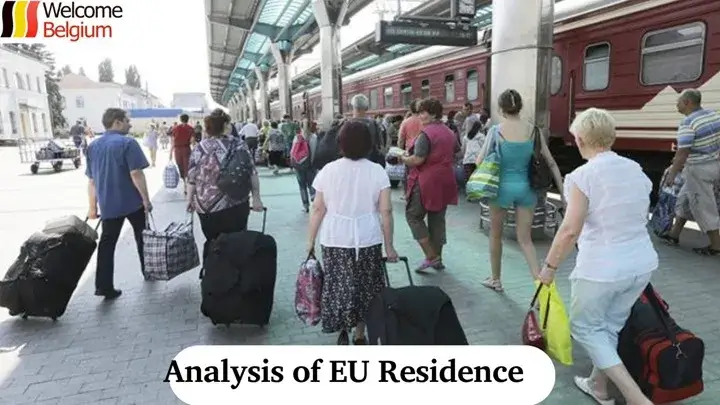According to Eurostat, in 2023, more than 3.7 million first residence permits were issued in the EU migration departments. They are intended for citizens of non-EU countries. This is 4.7% more than in the same period a year earlier. Belgium issued 74,366 first residence permits for non-EU citizens. Analysts observe an increase of 8.5% when compared with 2022.
Key findings from Eurostat
The official Eurostat report of 12 September 2024 made an analysis based on the following indicators:
- It remained the main criterion for obtaining residence permits. The total number of applicants was 33.8%.
- Family circumstances. They became the reason for 26.4% of citizens, which is 6.4% less than last year.
- Other reasons. Most often, it is international protection – 25.6%. There is an increase of 5.3%.
- Getting an education. It amounted to 14.3%. For this criterion the greatest growth is 13.5%.
In 2023, the leaders in obtaining the first residence permit in the EU were citizens of Ukraine. Then Belarusians and Indians. The search for work in the European Union was the reason for citizens of the following countries: Turkey, Belarus, Afghanistan, Ukraine and India. For Syrians and Afghans, the main reason was to obtain international protection. Citizens of Morocco, Russia and Brazil applied for family reunification. The Chinese were preparing documents to obtain a European education.
Results of the analysis
Eurostat data thus highlight important trends in migration and reasons for obtaining residence permits in EU countries, pointing to changing socio-economic conditions and country needs.
The reasons for the increase in the number of emigrants from outside the EU are attempts to improve their living conditions. However, people face problems – adaptation to new rules, culture. These problems are helped to be solved by social adaptation centers operating in Brussels and other cities of Belgium.



